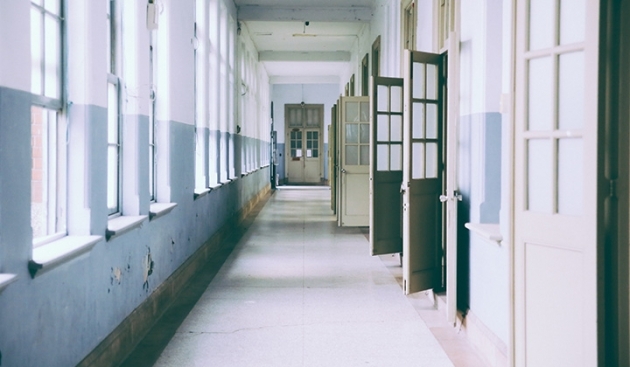The South African education system is made up of three different types of schools: independent or private; public or government; and Model C, or Former Model C schools. Private education is more expensive than public education – but can offer remarkably high standards of education. Model C schools are government schools and are administered and largely funded by the parent body. Some of the country’s best schools also fall into this category, and fees are somewhere between private and government rates.
Public schools in South Africa
Public schools are completely dependent on the government for funding and materials. Each province is responsible for making sure its schools are equipped and have enough money to for running costs and to pay teachers salaries. The standards and facilities can vary immensely, depending on the effectiveness of its management and the overall wealth of the area.
Learners (and teachers) in some cases are challenged with the low standard of education due to, the lack of government participation, the need of qualified teachers and complete lack of materials and equipment.
The level of education and management of public schools is generally better in more affluent suburbs, where families living in higher income areas do not always require private education.
Public schools are based on zoning (geographic catchment areas) Read more
In public schools the teachers are appointed by the Department of Education and their salaries increase with the number of years they are teaching and they are given a pension.
Model C schools in South Africa
The best government schools are administered and funded by the parents. Model C schools can offer outstanding facilities and a very high standard of education.
When deciding enquire and also look at the facilities available, many Model C schools have the latest interactive technologies in the classroom, and excellent sports and extra mural programmes.
Private schools in South Africa
Private schools in offer internationally recognised exams, so children coming from these schools have an excellent acceptance rate for further education, worldwide.
It is believed private schools offer better infrastructure, state-of-the-art facilities and a larger selection of extra-curricular activities. Most private schools also boast smaller class sizes, 15 children with one teacher and one assistant, which parents prefer for their children.
Private schools may offer a greater range and unique activities ranging from golf to surfing to rock climbing, and most of the time these will come at an extra cost.
Alternative learning schools
Other schools to consider are the alternative and arts schools, such as Waldorf and Montessori. These schools base their education around specific values and beliefs. So cost and location no longer become a deciding factor.
School Fees
Cost is the foremost difference between private and public schooling. Private schools cost more. “Of the Independent Schools Association of Southern Africa’s 681 member schools, just more than one-third charge less than R28 000 a year, which is estimated to be the highest fees charged by public schools. Of those 255 schools, 119 charge R15 200 or less and 32 charge less than R6 800.” – City Press May 2012.
Top private schools can cost from R40, 000 a year to as high as R100, 000 for matric. Public primary schools fees range from R500 to R6000, and secondary between R6000 and R7500.
In some areas there may just not be a public school, or perhaps there is no private school and then location becomes a deciding factor. A parent may register his or her child at any public school, if there are vacancies.
Most schools have established so-called feeder zones, the area the school favours when admitting students. The order of preference for admission to schools generally is:
- Children whose parents live in the school's feeder zone – this includes parents who live at their place of work, such as domestic workers.
- Children whose parents work in the feeder zone.
- The rest are admitted on a first-come, first-served basis, and may be placed on a waiting list.
However, the provincial department of education is obliged to find a place in school for every learner. The feeder zone system does not apply to private or independent schools, which have their own admission requirements.
Registration requirements for schools in South Africa
Once a parent has decided on a school, there are certain requirements that need to be met in order to register the child at the school. Public schools registrations normally start in July/August and to make sure you have your seat you must apply. Some parents suggest that you apply to all the schools that match your criteria and confirm with the school when you reach their deadline.
Read more
What Documents do I need to supply when I register my child at a public school?
Can my Child attend any public school?



